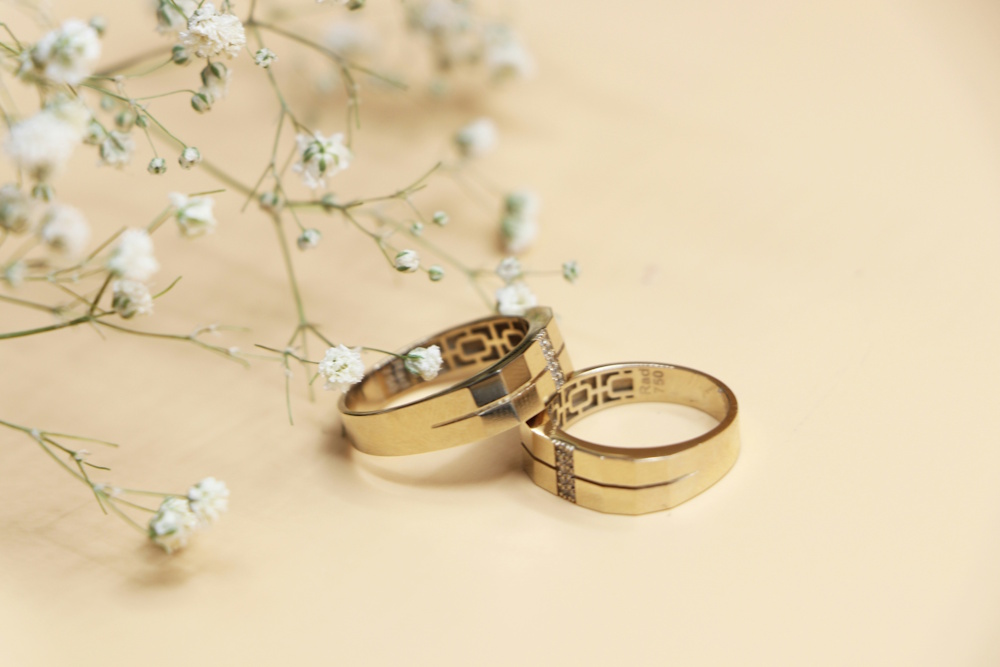When you slip on your favourite ring or fasten a necklace around your neck, do you ever wonder where it came from?
Beyond the sparkle and shine, the jewellery industry has a complex backstory—one that can involve ethical dilemmas like unfair wages, environmental harm and even conflict funding.
As more consumers demand transparency, brands are being called to account for their sourcing and production practices. But how can you tell if your jewellery is truly ethical?
What Makes Jewellery Ethical?
There are a few factors that determine whether jewellery is truly ethical:
Fair Trade and Wages
Ethical jewellery ensures that miners, artisans and workers in the supply chain are paid fairly and work in safe conditions. Fairtrade Gold and Fairmined certifications also guarantee that small-scale miners receive fair compensation.
Conflict-Free Materials
Conflict diamonds (blood diamonds) and conflict gemstones are those mined in war zones and sold to fund violence. Ethical jewellery follows certification programs like the Kimberley Process, which aims to prevent the sale of conflict diamonds.
Environmentally Responsible Sourcing
Traditional mining causes deforestation, water pollution and habitat destruction. To prevent this, ethical jewellery brands use recycled metals, lab-grown diamonds and gemstones and eco-friendly mining practices. Ethical jewellery manufacturing also avoids exploiting endangered species.
Supply Chain Transparency
Ethical brands provide clear information on where their materials come from and how they are sourced. They usually work with Responsible Jewellery Council (RJC)-certified suppliers to ensure ethical practices at every stage.
Ethical Packaging and Business Practices
Beyond materials, ethical jewellery brands also focus on eco-friendly packaging, carbon-neutral shopping and giving back to charities and social impact initiatives.

Easy Ways to Check If Your Jewellery is Ethically Sourced
If you want to make sure that the jewellery you’re thinking about investing in has been ethically sourced, here’s what to look out for:
1. Look for Ethical Certifications
Reputable jewellers will often display certifications proving their ethical sourcing. Look for:
- Fairtrade Gold – Ensures fair wages and responsible mining.
- Fairmined Certification – Guarantees sustainable, ethical gold mining.
- Kimberley Process (KP) Certification – Ensures diamonds are conflict-free.
- Responsible Jewellery Council (RJC) Membership – Covers ethical and sustainable standards in the jewellery industry.
You can look for these logos on jewellers’ websites or ask them directly whether their materials are certified.
2. Research the Brand’s Ethics Policy
Most ethical jewellers will have a dedicated section on their website explaining where their materials are sourced, whether recycled metals and lab-grown diamonds are used and if they’re committed to fair wages and sustainability.
If this isn’t available on their website, you can always ask in-store or via other channels they might have available before you make a purchase.
3. Look for Recycled and Lab-Grown Alternatives
When shopping around for jewellery, keep an eye out for pieces that are made with recycled gold or silver and lab-grown diamonds. You could also opt for something vintage or pre-owned, which is both ethical and unique.
4. Check Ethical Watchdogs and Directories
If you want to be extra sure, you can always turn to websites such as:
- The Good Shopping Guide (UK) – Ranks ethical jewellery brands.
- Ethical Consumer – Reviews sustainability and ethics in jewellery.
- Fair Luxury – A UK organisation promoting responsible jewellery.
Why Second-Hand Jewellery is Considered Ethical
Vintage or second-hand jewellery is one of the most ethical choices for jewellery lovers because it reduces the demand for new mining, which is often linked to environmental destruction, unethical labour practices and high carbon emissions.
By choosing pre-owned pieces, you’re giving beautiful, high-quality jewellery a second life without contributing to the extraction of new materials. It also helps preserve craftsmanship and history, as many vintage pieces are handmade and feature unique designs that are rarely replicated today.
Plus, shopping for second-hand jewellery supports a more circular economy, where resources are reused instead of wasted. It’s a sustainable, stylish, and often more affordable way to enjoy fine jewellery while making a responsible choice for both people and the planet.
In Closing
If you are thinking about investing in a new piece of jewellery this year, taking the time to determine whether it’s ethical can go a long way in helping protect the environment and vulnerable communities.
